Gardening Q&A
-
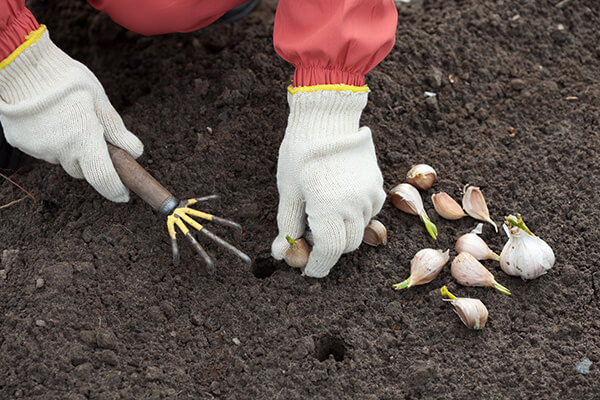
Is it too late to plant garlic?
October and November are the months to plant garlic but you're not far behind. The bulbs will certainly catch up with ones planted earlier, so not to worry. I prefer what's called soft-neck garlic since it is less prone to blooming during the season. Garlic bulbs that produce flower stalks don't put their energy into bulb production.
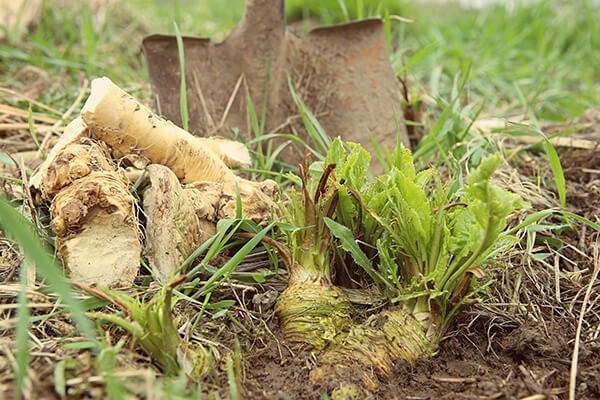
I had a horseradish plant and it was doing very well but I wanted to move it, which I did. Then I rototilled the garden bed and now I've got horseradish everywhere. How did this happen?
I know someone else who did the same thing. Any bits of root left in the soil, no matter how small, will grow. You basically propagated hundreds of horseradish plants. You can keep digging them out, which is likely your best solution. Quit watering them, too. You can spray them, but it takes a lot to kill a horseradish and it means giving up the growing space until they can be eradicated.
-
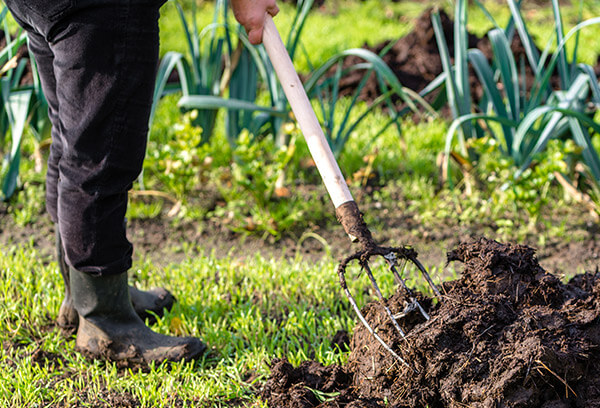
I added compost last year to my vegetable garden beds. Do I need to do it again?
Yes. My rule is every time I take a crop out of the garden, I add compost. When the garden is finished for the season, I add compost. My favorite is composted chicken or turkey manure. Sometimes it has a bit of an odor, but if you mix it with your garden soil, you'll get rid of any odors.
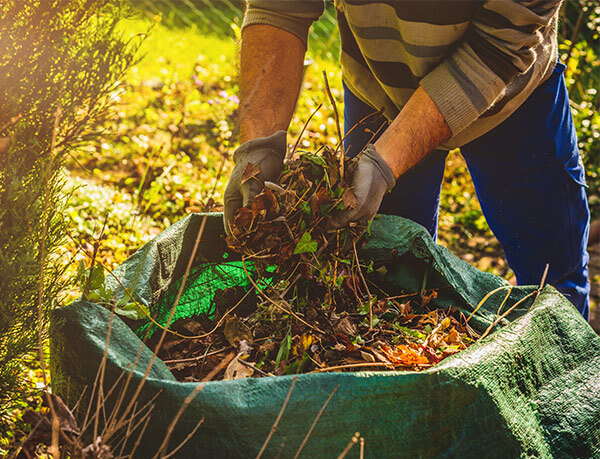
Can I leave the dead leaves and stems from the vegetable garden to decompose over the winter?
I wouldn't recommend it. Debris like that provides a perfect home for overwintering insects, mostly ones not good for the garden. Fall cleanup is just that: Clean all the leftover debris from the garden.
-
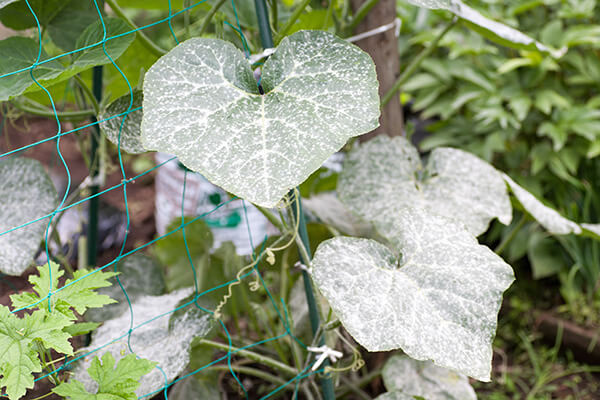
My grapes and crape myrtles have a white, sort of powdery look on the leaves. What is it?
It's a kind of powdery mildew, and most authorities tell you to make sure plants have good air circulation and to avoid getting the leaves wet. But I learned years ago that in California, we have what's called "dry air mildew"—and the best remedy is to wet the leaves. It's true. I noticed where the plant leaves got wet from the sprinklers, there was no mildew. If this was very late in the year, say November, and you were talking about squash or pumpkin foliage, for example, it
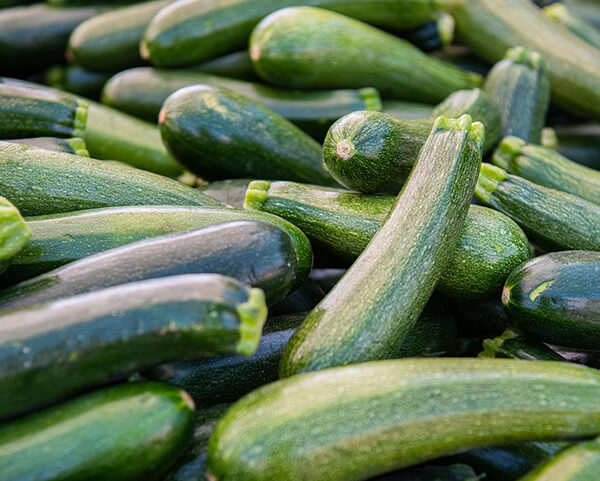
Everyone I know is overrun with zucchini, except me. Am I doing something wrong?
I've had those types of years, too, when even the zucchini won't produce. Most of the time, it's a matter of the flowers not getting pollinated. Squash produces male flowers first, and then the females come along a few weeks later. The female flowers have a small, immature squash at the base of the flower. As long as the male flowers get pollinated, and it takes a specialized bee to do it, the plant gets the signal to produce female flowers. If the female flowers don't get pollinated, the flowers fall away. You can take matters into your own hands: Take a cotton swab or small paintbrush and wiggle it around the anthers of the male flowers to collect pollen, and transfer it to the female ones.

